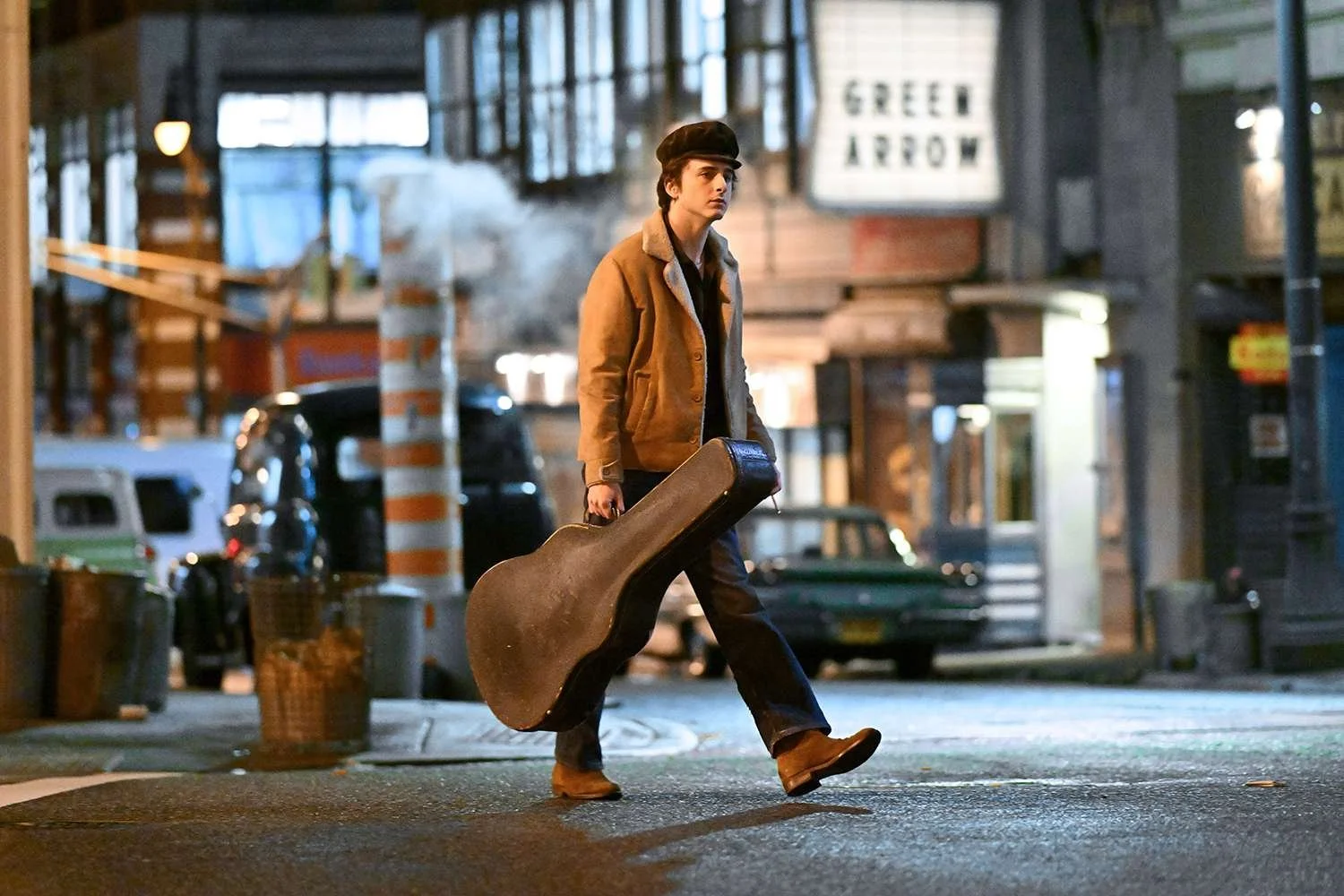A Complete Unknown
IMBD: 7/10
RL Score: 4/6
AGG: 11/16
Photo retrieved from: https://thebadgeronline.com/2025/01/review-a-complete-unknown/
Unless you were there, or you’re a profound student of history, it’s hard to understand the level of importance folk music used to play in society. Some of the songs we never listen to for enjoyment but know all the words to come from some of America’s most famous folk singers. It came as no surprise, then, that A Complete Unknown, up to now the definitive biopic on the early rise to stardom of Bob Dylan, brings together an image of some of the era’s finest, from Woody Guthrie and Pete Seeger to Joan Baez and Dylan himself, A Complete Unknown so beautifully brings to life parts of the early sixties social justice and folks movement.
The film stars Timothee Chalamet as Bob Dylan, with Monica Barbaro making me forget Baez isn’t on screen at several turns. Boyd Holbrook and Seeger contribute to various degrees.
The best compliment one can give a biopic is leaving the film feeling like you were just immersed in the time the creator hoped to bring to life. For 141 minutes, you’re transported back to the early sixties folk and upcoming artistry of New York City. If you wanted to, you could mostly forget that Vietnam was happening. You could disengage yourself from the impact of Kennedy’s assassination. You could, sans a few news clips and open mic nights, remove yourself from the Civil Rights Movement.
That’s not to say Dylan’s work did any of those things. The contrary is true. However, while Baez advocated for the movement, marching alongside Martin Luther King Jr., Dylan wanted to make popular music that reflected the times. The times were indeed a changin’, and Dylan chronicled them in song better than anyone else.
For my liking, the film focuses a little too much on the tension between Dylan and Baez. Nevertheless, I don’t think we lost much as a result, and I can accept an argument that tension was a seminal part of Dylan’s life, and thus his music, during the years portrayed in the film.
All that said, for as good Barbaro is, this is Chalamet’s film from start to finish.
It may seem hyperbolic to say this, as he’s been a movie star for years, but this is perhaps Chalamet’s breakout to actual global icon status. Without argument, he’s the most noticeable actor on the planet. At a time when the future of Hollywood, and thus the movie star, seems more tenuous than ever, a supremely talented star with the ability to draw people to the box office regardless of the content of the film is not only something sorely lacking in film economics, but in the culture too.
We lose more than we know, having so many fragmented sections of society. By and large, gone are the days when a single piece of art is so universally engaged that it forces us to have uncomfortable conversations and grapple with the things we think are held as truths. I’d argue that, in many ways, we don’t get a culmination of the Civil Rights Movement, Women’s rights, and gay rights without a singular source of culture. Twelve different streaming services and nine social media apps prevent the organizing that Dylan, Baez, and their contemporaries used to push our society forward ultimately.
I’m not saying A Complete Unknown is a transformational film that will change the world. It isn’t. It’s a delightful watch, complete with lovely sing-alongs and a fair amount of evolution from the characters. But it’s far from a masterpiece. Chalamet, just like Barbaro with Baez, turns in a truly engrossing performance.
In an age of extreme fraction, it might just be that the once and future movie star is our best hope at a collective, universal truth, whatever that may be. And you could argue that should’ve been the case for Call Me By Your Name, but the guy best positioned to dominate the big screen for the next 30 years supremely playing the guy who is arguably the most influential singer/songwriter ever is a through line not to miss.
More than anything, it’s clear now – there is no role or genre Chalamet can’t perfectly play. And maybe that’ll bring the movie star, and all that it used to stand for, back as well.

